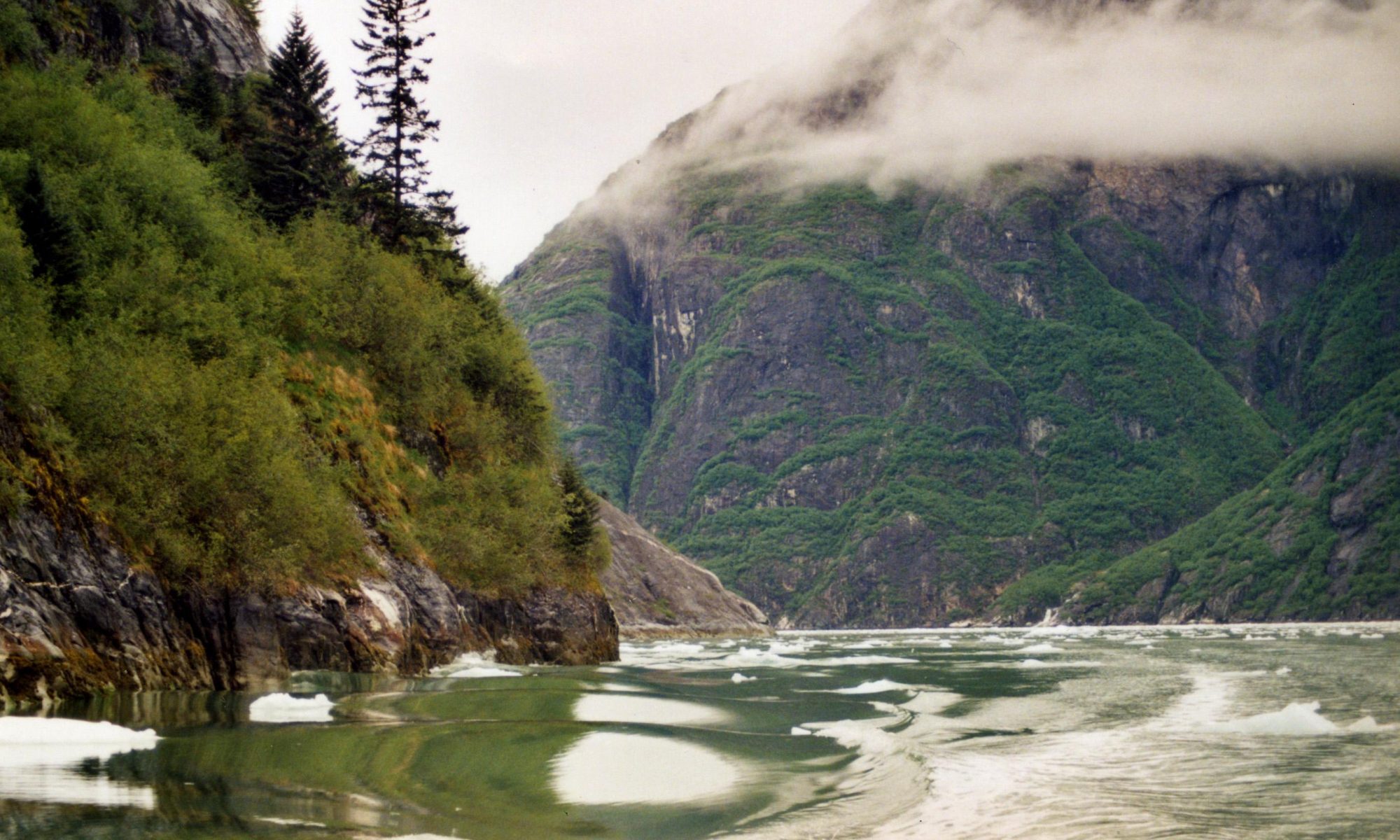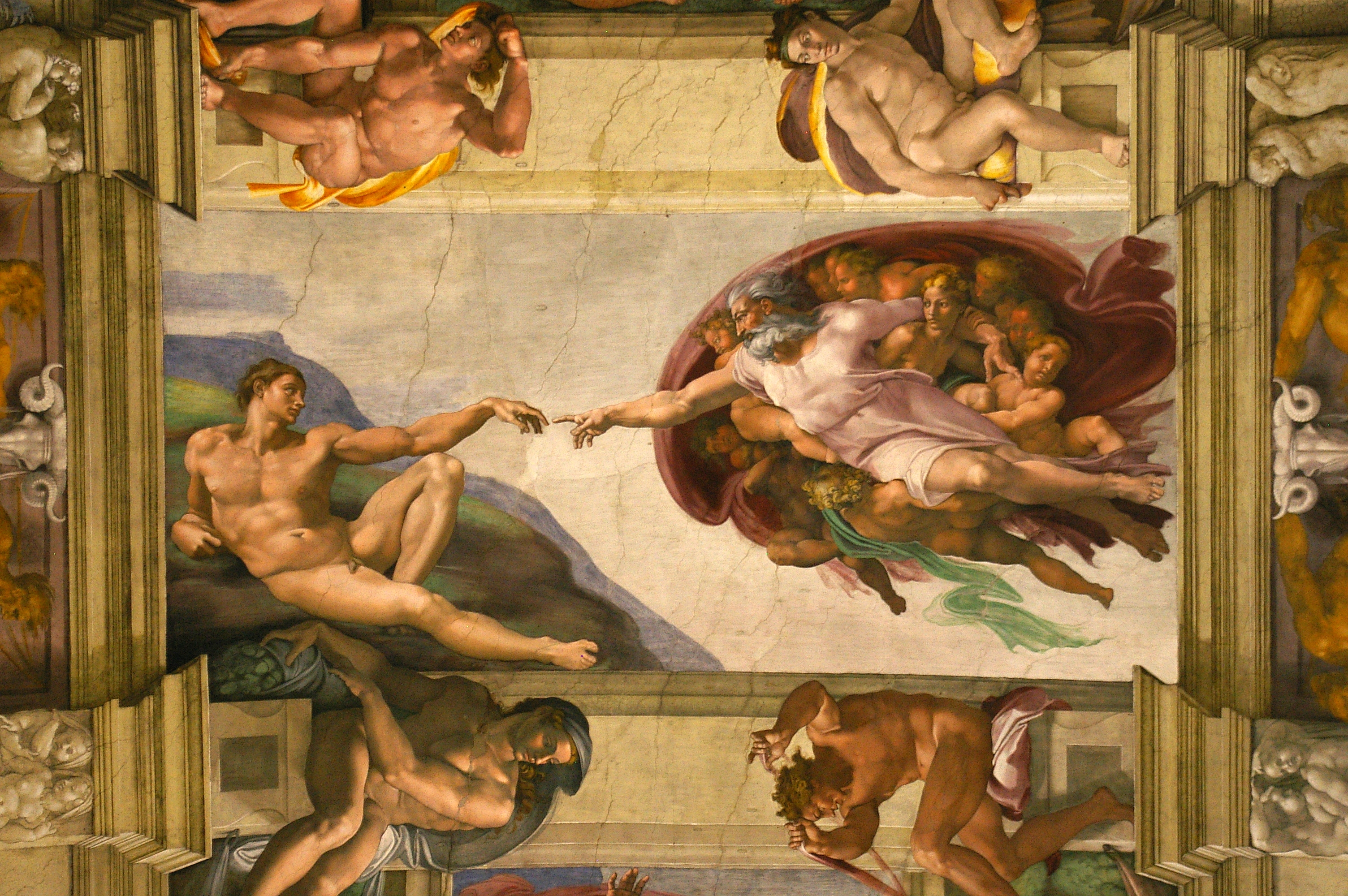For years now, I’ve been writing about how the rapid advances in technology have backfired on us as our brains have been unable to adapt to keep up.
Creativity is simple- unless you obfuscate it with layer upon layer of unnecessary complexity. This is what the modern “web” has become- a nearly unusable mess of advertisements, cookies, javascript, and plugins. What’s worse is that the internet, as a whole, is rapidly becoming connected to every single aspect of our lives, whether we want it to or not.
When your entire existence is “online” then what part of it is real?
As I’ve said before, I’m not completely opposed to technology- just the way it’s being developed and used. Is there possibility of life apart from the internet now? What would that even look like?
I’ve been pondering that question for years. And I’m slowly (very slowly) having to admit that I am not compatible with the “Information Age” (not technology itself). I like technology when I need to fix something, or create something. They are good tools, in a lot of ways.
But as a lifestyle, “always connected” is not how I function. It’s not how anyone functions. We’ve become so addicted to it, we live in a constant state of limbo- trying to force our analog brains to assimilate more digital information than we’re capable of processing.
This of course is a problematic proposition. How can I achieve my creative goals without the help of the Interwebs? How do I reach an audience unless I spend hours working social media, blogs, videos, and so forth? Is that even possible?
When I see even staunch proponents of technology like DistroTube moving away from “bigger web” to retro, text-only websites, that’s a clue that things are changing. I’ve considered using Hugo to convert this site to static html in the past, which- if it didn’t require days of work converting hundreds of posts- I would have done already. But ultimately, that’s the direction all of my life is moving towards.
Simplify. Reduce. Optimize. De-geekify. Disconnect.
These principles are crucial for people wanting to reclaim their brain’s creative processing potential. “But I create best when I use the internet!” No… you create in spite of using the internet. You’ve forgotten how to do it otherwise. We’ve resolved ourselves to using all these digital and online tools, because we’re uncomfortable without them. They provide instant peer feedback, dopamine hits, and choices, but do nothing to actually create anything.
Let me rephrase it this way:
We’ve become addicted to the feelings information gives us, instead of falling in love with the act of creation itself.
“Then how do I make a living creating art?”
Go back to the old ways of doing things. Create something from nothing. Struggle with pen and paper. Dig deep into your soul to find something worth telling. Perfect your creative process, using nothing other than your brain.
If the internet went away tomorrow, could you still create? Could you make music, write stories, or paint a painting? Do you know the basic toolset of your craft?
“Hey man, digital artists are real artists too!”
Sure they are. Imagine what they could do without the shackles of preconceived software and the internet! What tools would they come up with on their own? What would their creations be like? We may never know.
As for me- I am steadily moving towards the goal of disconnected, free-form creation. What does this look like? Less digital, more analog. Getting away from the computer, the internet, and information overload. Doing things the way they used to be done thirty years ago. Focusing on the end product, not on the process. Being more creative within the limitations I have.
The rest of my life is also moving away from the Digital Information Age. I keep track of music setlists by writing them down on index cards. I write song lyric ideas in a notebook. I am slowly working on getting rid of the digital clutter in my life, and in my mind.
Do you need to disconnect your brain to prevent Information Overload?

